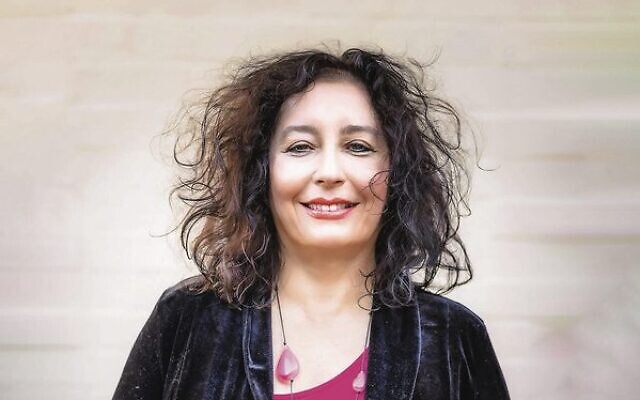Elena Kats-Chernin’s Sarenka concerto
"I tried to represent her wisdom and her knowledge. All this information is fleeting. It just goes through you, because she's no longer there."
How do you share the story of a woman’s life in just 30 minutes? For Australian composer Elena Kats-Chernin, it begins with a fragment. A photo of a 16-year-old girl with striking eyes and clothes that look like a uniform. A conversation with people who knew that girl after she escaped war to build a new life in Australia. An impression of a woman in her final years, whose mind still held a lifetime of knowledge.
Each fragment formed a picture in Kats-Chernin’s heart, and the result is a half-hour piece of music that shares the story of Sara Weis – also known as Sarenka. The Melbourne Symphony Orchestra will premiere Kats-Chernin’s Sarenka Concerto: for Solo Violin and Solo Violincello, as part of the Celebrating Women in Music series.
Weis’s family commissioned this new Australian music, working closely with Kats-Chernin to relay memories of “a woman who had a lot of bravery and courage, kindness and knowledge and love”.
“To be bestowed that kind of honour – to write a big piece like this – I’m humbled,” Kats-Chernin says.
MSO patron Bob Weis told Encore magazine that “music was like oxygen” to his mother Sara. Sara loved classical pieces, so Kats-Chernin – a multi-award-winning composer who works with classical and art music – seemed like the perfect fit for their commission.
The first movement of Kats-Chernin’s concerto is called Childhood, and its light and energetic music recalls Sara’s earliest years in southeast Poland. Her father was a doctor who filled her childhood with love and education; they were surrounded by community. But Sara would soon experience the Nazi invasion that would take the lives of her Jewish family.
Rooted in Childhood is a single, insistent note that represents the “stable character, very solid, dependable” young Sara. Towards the end of the movement, darker chords give a subtle premonition of the wartime events to come, which are depicted in Danger.
“If you lose your whole family, and you are in danger yourself and you’d survived horrible things, you could never stay the same person,” Kats-Chernin says.
The teenage Sara fled the war in disguise, and the movement Hope signals this escape and the following years in which Sara, her husband, and their son Bob travelled to Australia.
Sara enjoyed a bustling social life in mid-century Melbourne, and her professional life was equally fulfilling – all shared in the movement Good Times: “They danced, they were very outgoing in a way, and the business was going really well.”
Ripples features gentler textures and instruments such as vibraphone, bells, and flutes. It’s also the beginning of goodbye to the late Sara.
“I tried to represent her wisdom and her knowledge. All this information is fleeting. It just goes through you, because she’s no longer there.”
Kats-Chernin listened to Sara’s family when crafting the emotive final movement Memory of the Future.
“She was very aware of the world, and was concerned for the world, but was very strong and had optimism in her as well.”
“I wish I met her. The whole time, I just thought, ‘Wow, what a great woman. What a strong woman, beautiful woman.'”
Content courtesy of the Melbourne Symphony Orchestra
The Melbourne Symphony Orchestra will premiere Elena Kats-Chernin’s Sarenka Concerto: for Solo Violin and Solo Violincello on October 27 and 28. Book tickets at mso.com.au/performance/2023-love-and-resistance


comments